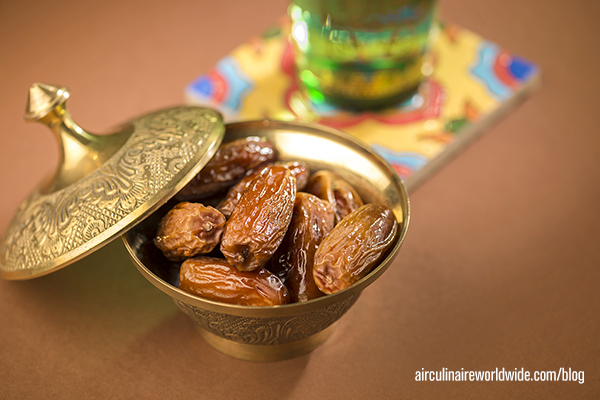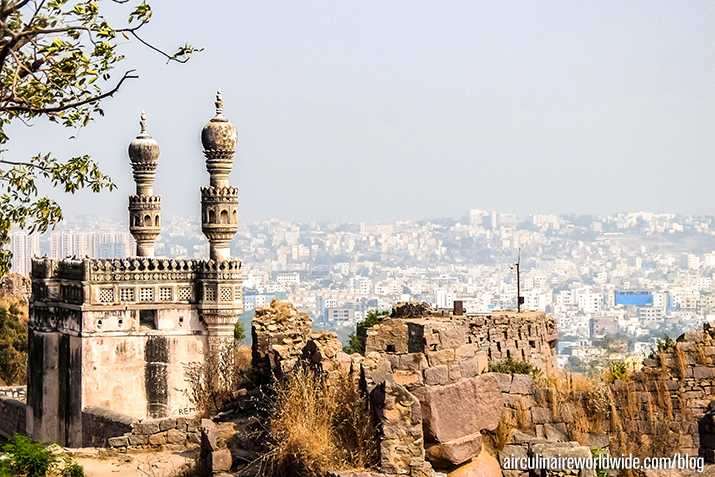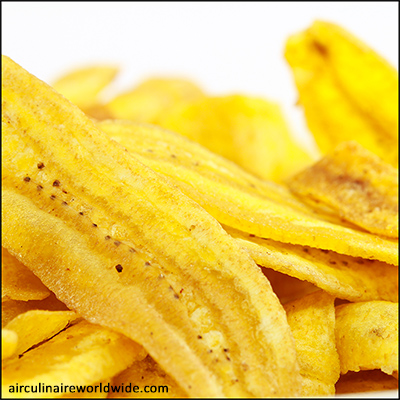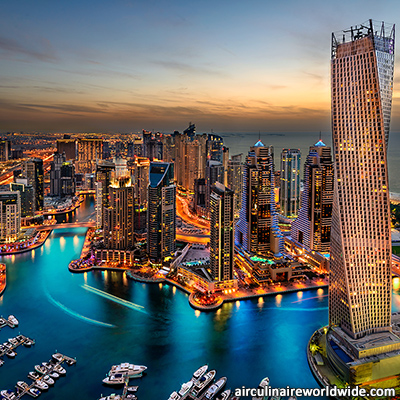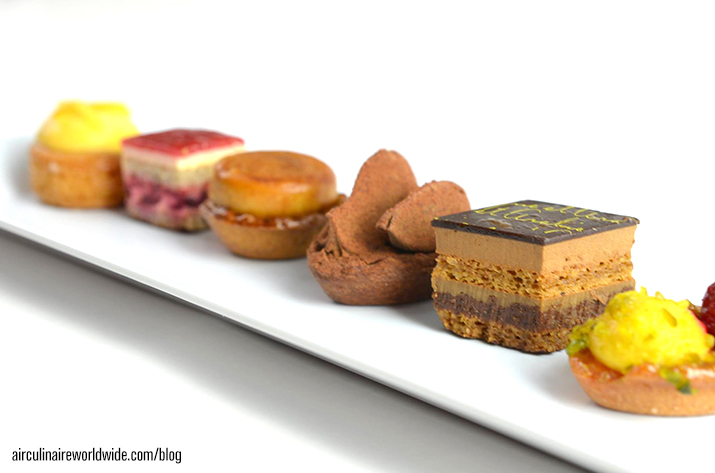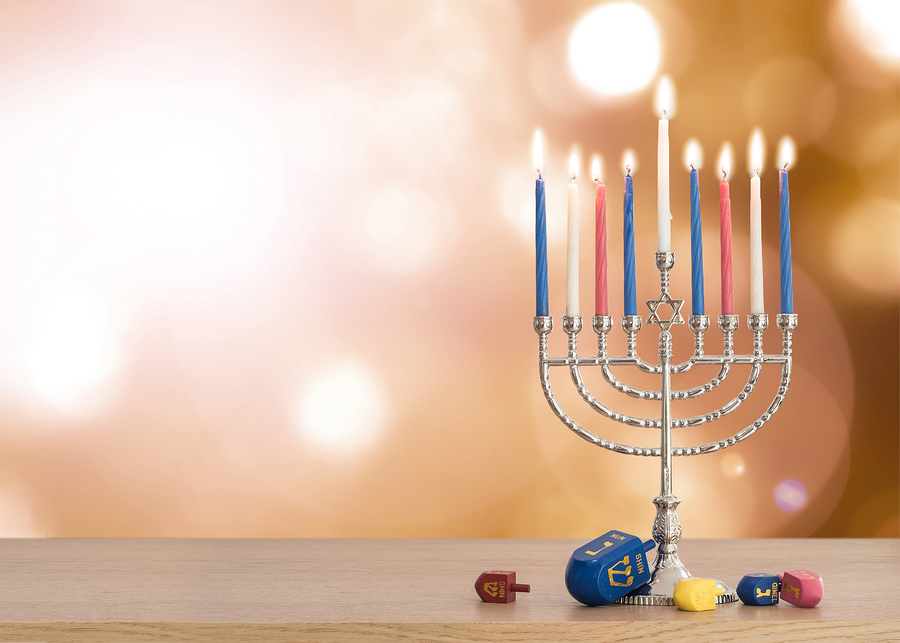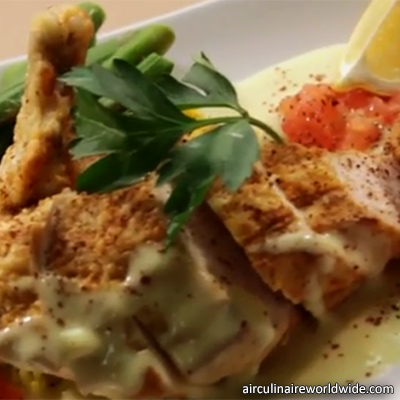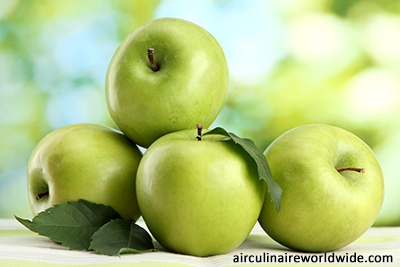Ramadan, the 9th month in the Islamic lunar calendar, takes place this year from June 5th-6th to July 4th-5th. During the month of Ramadan, fasting occurs from sunrise to sunset and is observed by millions of Muslims across the globe. Just as diverse as the countries where the Islamic faith is prominently practiced, so are the local traditional meals during the holy month.
From Morocco to Lebanon, and Pakistan to Southeast Asia (Indonesia and Malaysia), each region is known for their local, traditional Ramadan dishes. Depending upon the time of year that Ramadan falls, it can be very difficult to accomplish. Think of long summer days in the desert with no food or water. As you can imagine, after the sun sets and the fast is over for the day, it can be like Thanksgiving for 30 consecutive days! But what is Ramadan and how is it celebrated? What are the restrictions and practices during this time of observance? What are the main differences between Suhur and Iftar meals?
Suhur (pre-dawn meal): Meal consumed in the early morning before fasting
Iftar (sunset meal): Meal after the fasting is over at night
Sawm: fasting from dawn to sunset
In-flight Catering Ideas for Ramadan Pre-Dawn and Post-Sunset Meals
Harira (North Africa) – this is a Middle Eastern lentil soup with tomato and coriander base, lightly spiced and usually slightly brothy with small chunks of beans, lentils and meat. It can, however, be quite creamy, depending on how much the chef has decided to puree the mix.
Harees or ursiyah (Lebanese) – a wheat (or for the latter, rice) dish that can resemble congee. It usually contains shredded, slow-cooked lamb or chicken.
Sambousa or Sambousek (India & Pakistan) – Filo pastry triangles filled with sweet spiced lamb or feta cheese.
Ouzi (Saudi Arabia) – this means “spiced lamb with rice,” but during Ramadan, it is so much more. It is usually a whole lamb (innards included), cooked for 24 hours in a pit. Spices are sweet and fragrant – cinnamon will feature heavily, and will often be combined with nuts and dried fruit. It is served with all its juices oozing onto a bed of rice.
Khoresht Fesenjan (Iran) – a Persian chicken stew made with pomegranate molasses and walnuts. Deep brown and gluey-looking, but delicious, usually slightly sour (some make it sweet) and gently spiced.
Maqlouba or Maglouba (Jordan) – translates roughly as “upside-down,” and is a chicken and rice casserole similar in style to a biryani, but with tomato and more savory flavors (plenty of cumin) and larger pieces of meat.
Mujaddara (Iraq) – rice and lentils with savory spices (like cumin, garlic, bay leaf) brown lentils and topped with sweet, crispy fried onions.
Salad – generally avoided as those breaking the fast tend to indulge in richer dishes. However, expect all the standards – fattoush, tabouleh, roca and white cheese, za’atar and haloum, and plenty of raw salad vegetables including radish, which is vital for aiding digestion.
Qatayef (Egypt) – single-serving sized pie-shaped dessert made of crumbly, light pastry stuffed with white cheese that tastes like and shares the texture of burrata. Soaked in a cardamom, rose and saffron syrup, and often sprinkled with ground pistachios. Also, look for Kunafe, which is sliced from a large flat pan in wedges. Same syrup, same cheese, but topped with crunchy vermicelli-shaped crumble.
Umm Ali (Egypt) – an Arabic bread and butter pudding, but more delicate than the British versions, often made with pastry rather than bread, and flavored with rose, cardamom, pistachio and sprinkled with cinnamon or nutmeg.
Muhallabiya (Turkish) – creamy rice dessert, usually served cold. The rice texture is more like custard. Pure white, flavored with rose and pistachio.
Dates – probably the most important dish on the “Ftour” table. The Prophet Mohammed said, “Break your fast by eating dates, as it is purifying.”
Air Culinaire Worldwide Suggests
- Dates
- Tabbouleh
- Vegetarian Couscous
- Pistachio Bourma
Questions?
If you have any questions about this article or in-flight catering during Ramadan, contact weborders@airculinaire.com.
